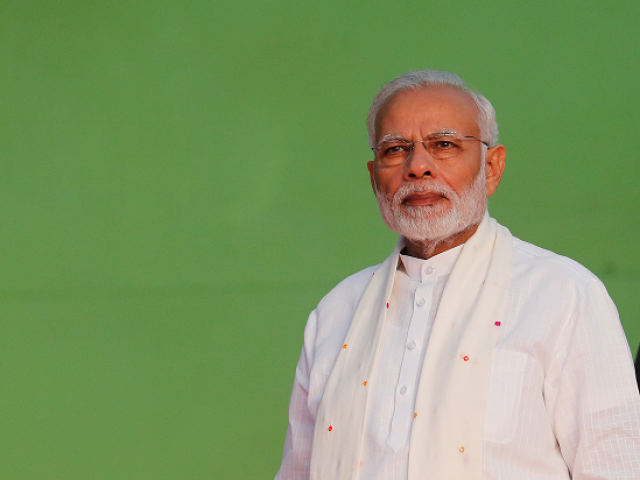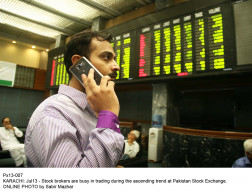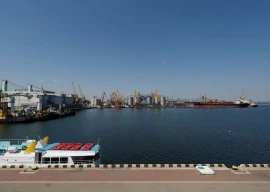
That would reinforce concerns seen in the minutes from the central bank’s August meeting, which showed policymakers were worried about weak growth and indicated further rate cuts in the next few months to boost the slowing economy.
The poll median showed the economy was expected to have grown at a year-on-year pace of 5.7% in the June quarter, a touch slower than 5.8% in the preceding three months. But a large minority - about 40% of nearly 65 economists - expect an expansion of 5.6% or lower.
The GDP data is due to be released at 1200 GMT on Friday.
If the forecast is realised, it would be the weakest start in the first three months of a fiscal year in seven years.
“The deceleration in growth that commenced in the second quarter of the fiscal year ending March 2019 is likely to have continued,” said Rini Sen, India economist at ANZ.
“A host of high-frequency indicators - consumption and investment - have continued to weaken. The most prominent ones include auto sales, the output of consumer durables, cement and steel production.”
India economy suffers under Modi
Domestic passenger vehicle sales in July dived at the steepest pace in nearly two decades and declined for the ninth straight month in July, largely due to a liquidity crunch causing huge job cuts in the sector.
These measures, in addition to the risk of further escalation of the US and China trade war are weighing on demand and business confidence in India.
The median response to an extra question in the poll, which was taken August 21-26, showed the average growth rate for the current fiscal year 2019-2020 is likely to be 6.5% despite a weak start. But it is a downgrade from 6.8% predicted just last month and well below the RBI’s projection of 6.9%.
The RBI lowered its outlook for the fiscal year 2019-2020 at its August meeting. It has cut a total of 110 basis points in the repo rate since February, which includes an unconventional cut of 35 basis points earlier this month to 5.40%.
But with inflation not expected to rise anytime soon, the central bank will likely ease its benchmark rate by 25 basis points again to 5.15% at its October meeting, followed by a 15 basis points cut in the first quarter of 2020, according to a separate Reuters poll. [RBI/INT]
Those cuts, in addition to a suite of recently announced fiscal measures, could provide some cushion for the economy in the coming months.
On Friday, Finance Minister Nirmala Sitharaman announced reforms to revive economic growth, including rolling back recent tax hikes on foreign and domestic equity investors and several measures for industries.
“We believe that the measures announced by the finance minister will help to provide a fillip to credit growth, rate transmission and improving investor sentiment,” noted economists at Morgan Stanley.
“We continue to see a slow recovery in growth, as monetary measures will help but may not be sufficient to create a V-shaped recovery, especially in the context of slowing global growth.”

















COMMENTS
Comments are moderated and generally will be posted if they are on-topic and not abusive.
For more information, please see our Comments FAQ